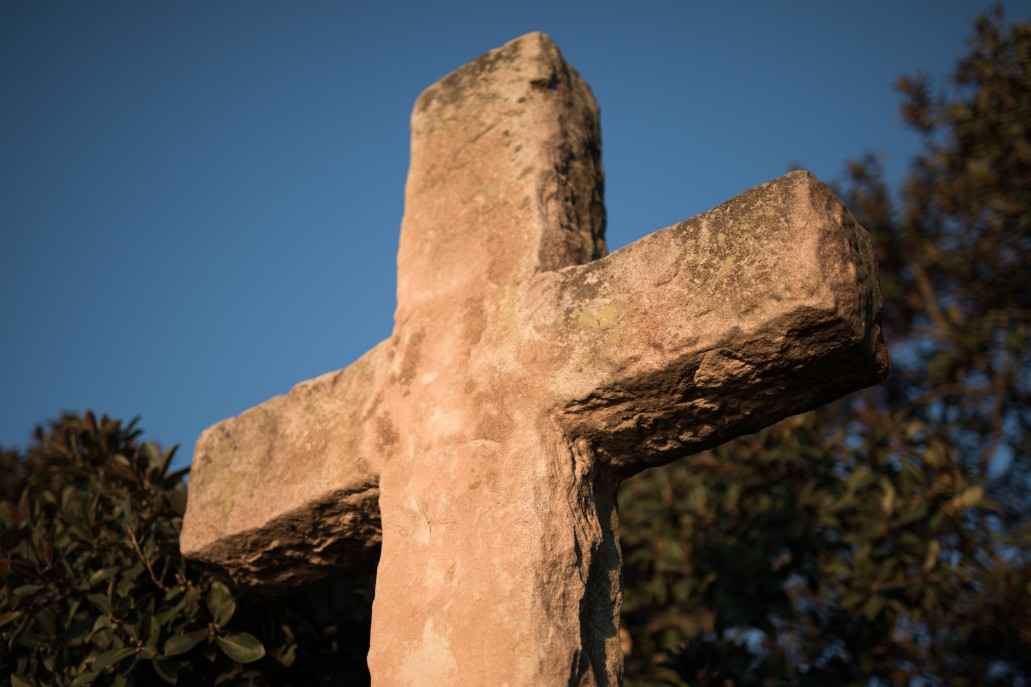On January 16-18, 2015, Values & Capitalism hosted its third annual faculty retreat, on Coronado Bay in San Diego, CA. This year’s gathering consisted of 29 Christian college professors, two V&C Ideas Council members, four guest speakers, and our team.
 Our largest retreat to date, the weekend strengthened relationships amongst an already tight-knit network and deepened our thinking about public policy challenges, today’s Christian higher education landscape, and best practices for teaching a rising generation of student thought-leaders.
Our largest retreat to date, the weekend strengthened relationships amongst an already tight-knit network and deepened our thinking about public policy challenges, today’s Christian higher education landscape, and best practices for teaching a rising generation of student thought-leaders.
We opened with a keynote lecture from Claremont McKenna Professor Charles Kesler on how, in an age of increasing moral relativism, we can ground our political, cultural, and economic arguments on the self-evident truths upon which America was founded.
 The next morning, Steven Hayward—an AEI scholar from 2002-12 and now Distinguished Visiting Professor at Pepperdine University—reflected on his time as the nation’s first Visiting Scholar in Conservative Thought and Policy, a post he held last year at the University of Colorado at Boulder. In speaking about environmental stewardship, Hayward offered several strategies for presenting conservative or foundationally Christian arguments in a mostly secular, liberal campus context.
The next morning, Steven Hayward—an AEI scholar from 2002-12 and now Distinguished Visiting Professor at Pepperdine University—reflected on his time as the nation’s first Visiting Scholar in Conservative Thought and Policy, a post he held last year at the University of Colorado at Boulder. In speaking about environmental stewardship, Hayward offered several strategies for presenting conservative or foundationally Christian arguments in a mostly secular, liberal campus context.
Later in the day, AEI scholar Andrew Biggs explained how the issues at the heart of the Social Security and pension crises come in two varieties: some practical and policy-oriented; and others that relate to human nature. There are fairly straightforward reforms that could address the practical retirement issues we face, but the obstacles to these changes are great—precisely because of the human (and political) tendency to promise benefits that exceed what we can afford.
 Building on these themes AEI scholar Kevin Corinth challenged the group with a new way to think about homelessness. In both personal and policy efforts to address this problem, our motivation must be more than simply cleaning up city streets by eradicating the symptom of homelessness. Our main concern should instead be to help homeless people—not “the homeless,” but individuals—by addressing underlying problems that led to their current predicament. Civil society has a crucial role in bringing real solutions to life.
Building on these themes AEI scholar Kevin Corinth challenged the group with a new way to think about homelessness. In both personal and policy efforts to address this problem, our motivation must be more than simply cleaning up city streets by eradicating the symptom of homelessness. Our main concern should instead be to help homeless people—not “the homeless,” but individuals—by addressing underlying problems that led to their current predicament. Civil society has a crucial role in bringing real solutions to life.
This year’s gathering also emphasized the power of peer-led conversation. A panel of six faculty members described their direct use of V&C resources in classrooms, which led to fruitful discussion about how faculty leaders can better inspire and mentor students, both inside and outside the classroom.
 We also discussed religious freedom, increasing free speech restrictions, and other unique challenges currently facing evangelical colleges. David Iglesias, director of the Hastert Center at Wheaton College, offered an overview of Wheaton’s lawsuit against the HHS contraceptives mandate, and Stephen Smith of Gordon College discussed a turbulent, regretfully sorrowful relationship between his college and two surrounding communities, rooted in new challenges to the school’s longstanding sexual behavior policies. Afterward, a pair of academic deans—Jennifer Walsh of Azusa Pacific University and Gerson Moreno-Riaño of Regent University—offered insights on how Christian colleges and leading professors and administrators can remain relevant within this changing higher education landscape.
We also discussed religious freedom, increasing free speech restrictions, and other unique challenges currently facing evangelical colleges. David Iglesias, director of the Hastert Center at Wheaton College, offered an overview of Wheaton’s lawsuit against the HHS contraceptives mandate, and Stephen Smith of Gordon College discussed a turbulent, regretfully sorrowful relationship between his college and two surrounding communities, rooted in new challenges to the school’s longstanding sexual behavior policies. Afterward, a pair of academic deans—Jennifer Walsh of Azusa Pacific University and Gerson Moreno-Riaño of Regent University—offered insights on how Christian colleges and leading professors and administrators can remain relevant within this changing higher education landscape.
The retreat concluded with a worship service focusing on the call to personal stewardship and the dignity and value of work, with scriptural reflections from Brian Brenberg of The King’s College and Edd Noell of Westmont College.
As Greg Schaller of Colorado Christian University put it, “This was V&C’s best retreat by far… we are becoming good friends! The conversation at meals was great; the opportunity for collaboration was very helpful; and the event provided a great chance to catch up and hear what is going on at other schools.” Geri Mason of Seattle Pacific University commented, “I love the faculty network—the idea of it, the people in it, the times together…. It really is a special blessing for us.” And on the group’s growth, Paul Cleveland of Birmingham Southern College noted, “I enjoyed the continued development of established relationships, but also the start of new ones.”



